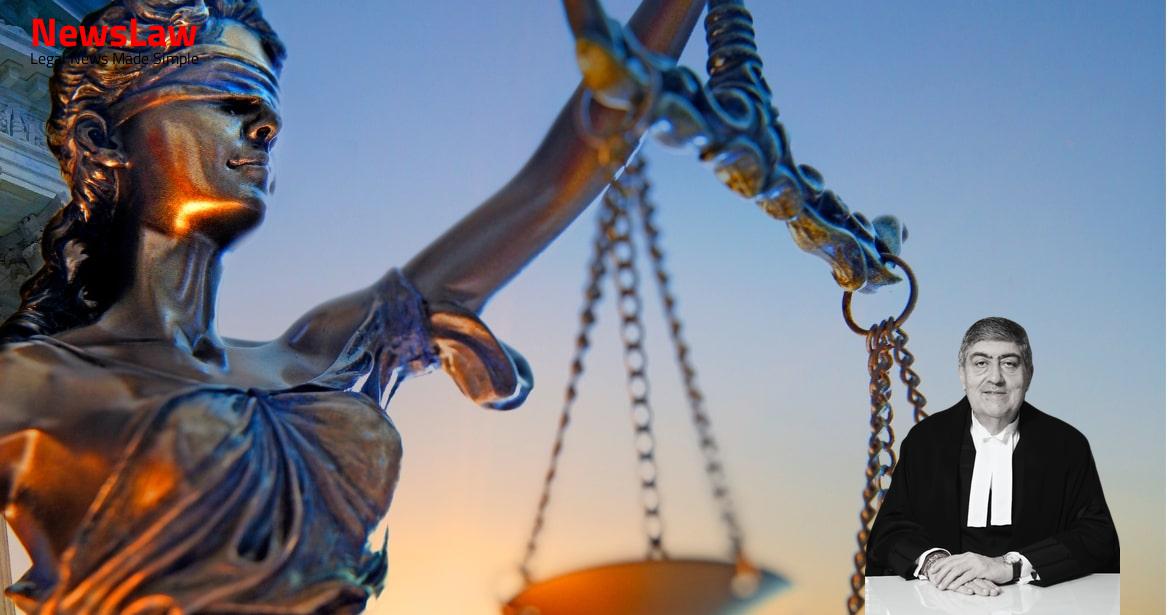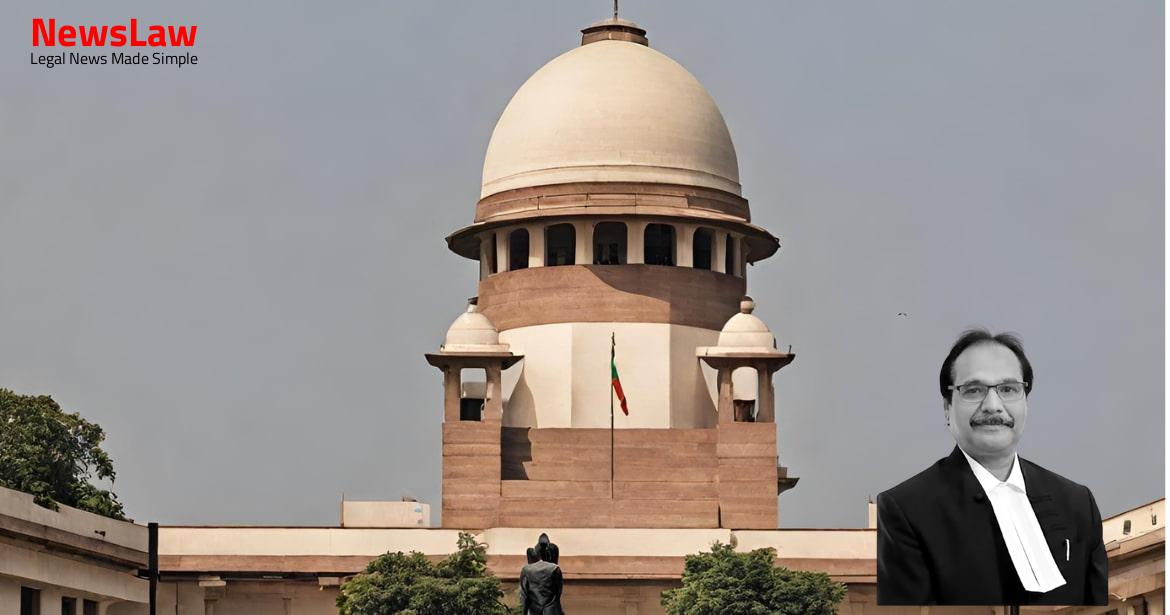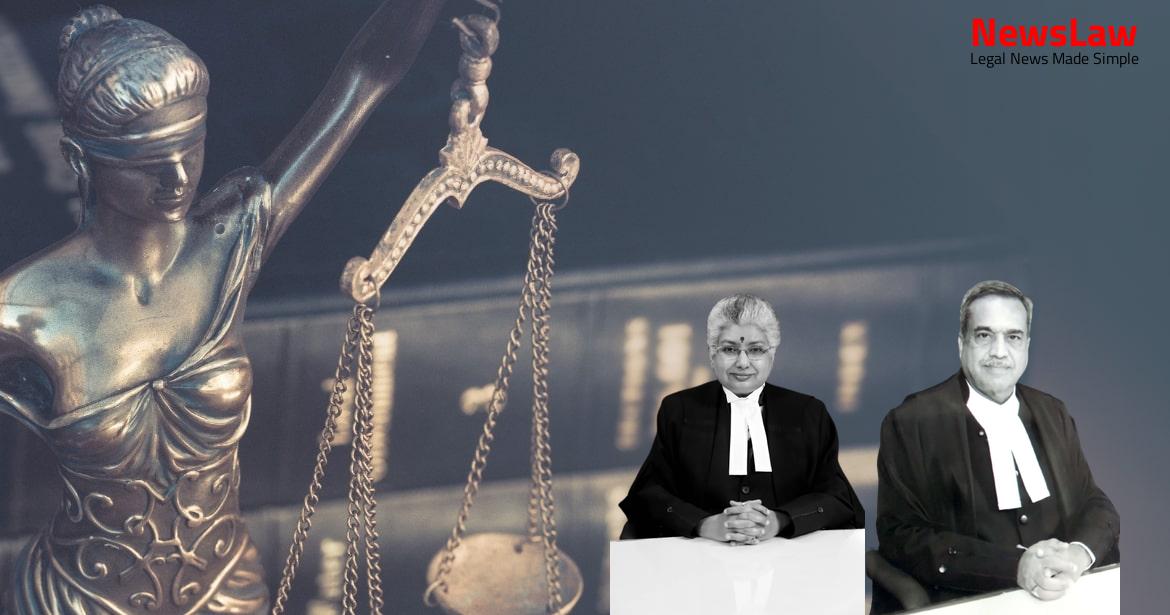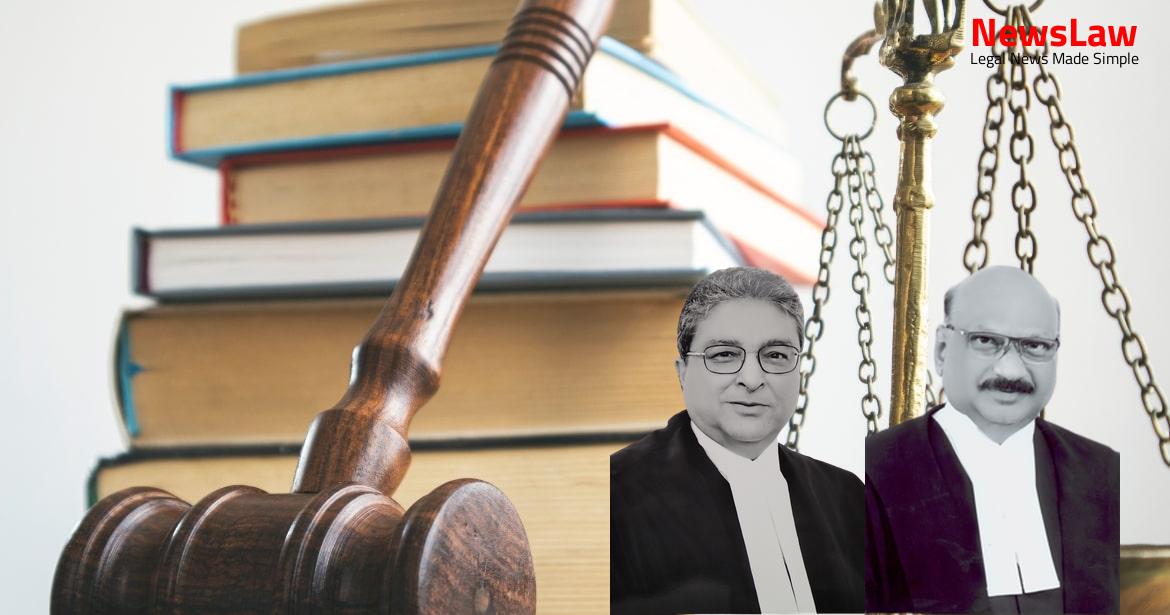Explore the critical legal analysis undertaken by the court in a recent case concerning re-designation and discrepancies in pay scales. The blog post sheds light on the court’s reasoning behind upholding or challenging decisions related to post designations and salary structures. Understanding the legal intricacies of such cases is essential in appreciating the complexities of judicial pronouncements.
Facts
- The appellants filed a writ petition bearing No. 1266 of 1998 before the Patna High Court to challenge the decision dated 08.03.1995.
- The decision dated 08.03.1995 was the subject of the appeal.
Also Read: Court’s Jurisdiction in Re-appraising Arbitrator’s Findings
Arguments
- A learned Single judge passed an order in Writ Petition No 3585 of 1995 which had not been challenged and was implemented, leading to a plea of parity by the appellants.
- The judgment of the Single Judge was challenged before a Division Bench by the Ranchi University through LPA No. 576 of 2003, and was allowed on 26.11.2010.
- The reasoning in the impugned order questioned the competence of the Principal to grant pay scales on new posts under the Universities Act, stating that only the Vice Chancellor could do so.
- The Division Bench dismissed the plea of vested rights and rejected the claim of parity as the re-designation was subject to the Vice Chancellor’s approval.
- The University’s argument was that the appellants, who were working as cashiers equivalent to accountants, were given the pay scale benefit based on this classification.
- The plea of natural justice was also disregarded since the grant of the scale itself was subject to the approval of the competent authority.
- The Single Judge’s reasoning was based on the fact that the Principal’s order was provisional and subject to approval, and the appointments or creation of a uniform cadre were based on the University’s directives.
- The State failed to present its position, despite the learned counsel representing some respondents filing a counter-affidavit on behalf of the State of Jharkhand and another respondent.
Also Read: Contrary Directions in Issuance of Letter of Intent
Analysis
- The impugned judgment cannot be faulted as the re-designation required specific sanction from the Vice Chancellor of the University.
- The appellants were paid salaries based on provisional fixation by the Principal of the College, which did not have approval from the University.
- The appellants were neither promoted nor appointed against the posts of Lower Division and Upper Division Assistants/Clerks.
- The communication from the Registrar of the university sought adherence to the Government letter dated 11.07.1989.
- The principle of merger of pay scales aims for uniformity in pay, but it only applies to specific categories of posts with two or more scales of senior and junior incumbents.
- The denial of the claim by the University was based on the appellants not belonging to the LD Clerks/Assistants to the UD Clerks/Assistants category in the given pay scales.
- Uniformity in pay scales can only be applied to posts for which it is sought to be implemented and not to other posts in different categories.
- The impugned order is considered justified and cannot be faulted for the reasons provided.
- The benefit accrued to the appellants from 1990 to 1995 should not be recovered despite the delayed decision by the authorities.
- No misrepresentation by the 14 Appellants was found that would mandate a refund.
- Any amounts paid to the appellants under the orders mentioned will not be recovered from them.
- The jurisdiction of the Court under Article 142 of the Constitution was exercised in the case of 1995 Supp (1) SCC 18 and further clarified in the case of State of Punjab and Ors. v. Rafiq Masih (2014) 8 SCC 883
- The exercise of jurisdiction under Article 142 was also seen in the case of 1994 2 SCC 521 and Sahib Ram v. State of Haryana and Ors.
- These cases highlight the Court’s authority to exercise jurisdiction under Article 142 for the purpose of justice and equity.
Also Read: Application for Stay in Civil Suit Rejected: Court’s Legal Analysis
Case Title: BIJAY KUMAR SHARMA Vs. RANCHI UNIVERSITY (2021 INSC 191)
Case Number: C.A. No.-002822-002822 / 2012



